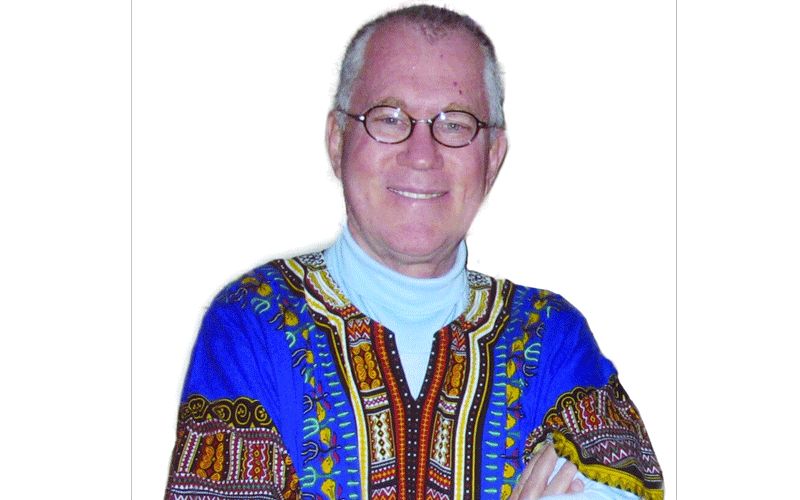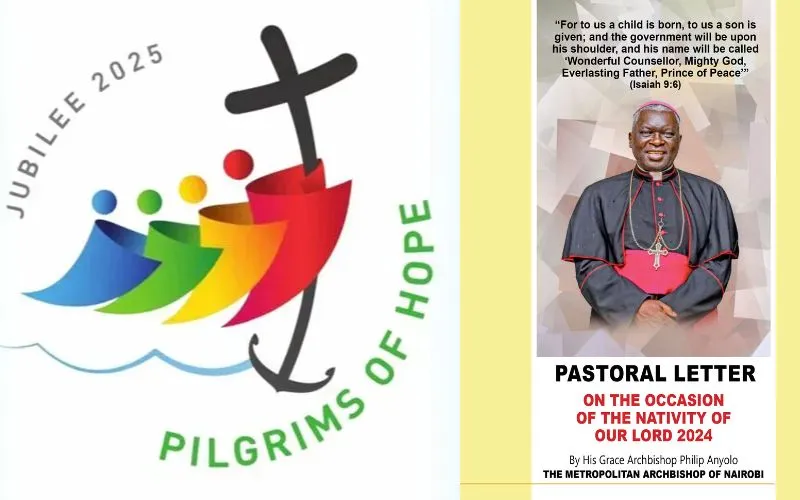To respond to the lockdown, Christians have come up with innovative ways of conducting Church services on WhatsApp, Skype, Zoom and other social media platforms, he adds.
A member of an international SCC that conducts its meetings via Skype, Fr. Joe says he started advising people to conduct their meetings through social media platforms as well.
“When people came to me asking about how to go about their SCC during lockdown, I first asked them whether they had a WhatsApp group. When they said yes, I told them that it was all they needed to start meeting virtually,” he says.
One of the things that the Maryknoll Priest insists on is that virtual Jumuiya meetings retain the time they used to meet physically.
“Those who used to meet at 2 p.m. on Sundays when they visited each other’s homes are encouraged to keep meeting at that exact time on their social media platforms. We also encourage sharing responsibilities such as Bible reading, opening and closing prayers and reflection among all group members just as they used to do in their physical meetings,” he says.
(Story continues below)
A guide for virtual Jumuiya meetings provided on the Website of SCCs explains that both the traditional and online SCCs are lectionary based, meaning that they must be structured around the Word of God in the Catholic liturgical calendar.
As usual, Jumuiya meetings start with a prayer, which is followed by a brief sharing among members about their experiences through the week.
“This sharing is important especially during this time that people are going through stress because of COVID-19 and the lockdown. We all share about our daily struggles and what keeps us going through this difficult time,” says Wanjala.
The brief sharing of personal experiences is followed with the sharing of the Word of God by members who mention the verses that touched them most. Other parts including intercessions, the sign of peace then follow after which the moderator brings the meeting to a close.
It is usually a one-hour meeting for the Jumuiya members who struggle to meet internet costs, according to Fr. Joe.
“Not all of them can afford the Internet with ease,” the Maryknoll Priest explains, adding that the members also grapple with poor Internet connectivity and lack of electricity for their devices.
These are the challenges that Mr. Wanjala has been grappling with from the time he travelled upcountry three weeks ago only to be stuck there when the Kenyan government forbade movement in and out of Nairobi to contain the spread of the virus.
“Internet connectivity here isn’t as efficient as it is back in Nairobi. There are network challenges and I have to be in a specific spot in my compound to be able to connect with people on the Internet. Electricity is also not reliable down here,” narrates Wanjala.
Controlling the WhatsApp chats is also a problem for the St. Kizito SCC moderator who has had to recruit four additional group administrators to take charge of the huge WhatsApp group.
Just as it is also common to find silent followers on any WhatsApp group, this is no different for Jumuiya WhatsApp groups, according to Fr. Joe, who says that such members should be treated with kindness.
“People choose to be silent followers for various reasons. First, there is a shy lot who don’t say much even in physical meetings. Then there are those who do not have good typing skills so they just choose to follow in silence,” says Fr. Joe.
He adds, “Women are especially shy and when asked to share, they say that they don’t know a lot about the Bible. But I am really touched by women because at 75 percent, they make up a majority of Jumuiya members in parishes around Nairobi.”
Unlike physical Jumuiyas that allow for group outreach activities, virtual Jumuiyas advocate for individual charity activities that involve checking on other people’s progress on the phone.
It is also the time that Mfuko wa Jumuiya, a grant managed by Fr. Joe, is being used to sustain Jumuiya members from poor backgrounds in select settlements within the city in the harsh COVID-19 times.
“COVID-19 has provided a new way to use our Mfuko wa Jumuiya,” Fr. Joe says of the grant that has, for the past seven years, been used to mitigate humanitarian crises, including construction of houses for flooding victims.
“We have come up with a list of 60 names of very poor people in Korogocho slum, one of the biggest informal settlements that is served by Holy Trinity Parish in Kariobangi, Nairobi. These were last week each given a basket of basic foodstuffs and soap, which is essential as people are encouraged to wash their hands often,” Fr. Joe says.
The reality of SCCs that brings together families in the same neighborhoods is one of the success stories of faith practice in Africa and has been described as not only a new way of being church on the continent but also a new way of evangelization.
Agnes Aineah is a Kenyan journalist with a background in digital and newspaper reporting. She holds a Master of Arts in Digital Journalism from the Aga Khan University, Graduate School of Media and Communications and a Bachelor's Degree in Linguistics, Media and Communications from Kenya's Moi University. Agnes currently serves as a journalist for ACI Africa.








